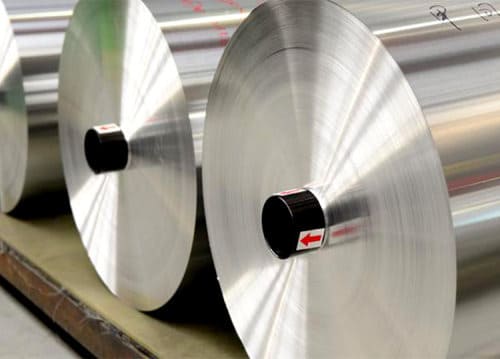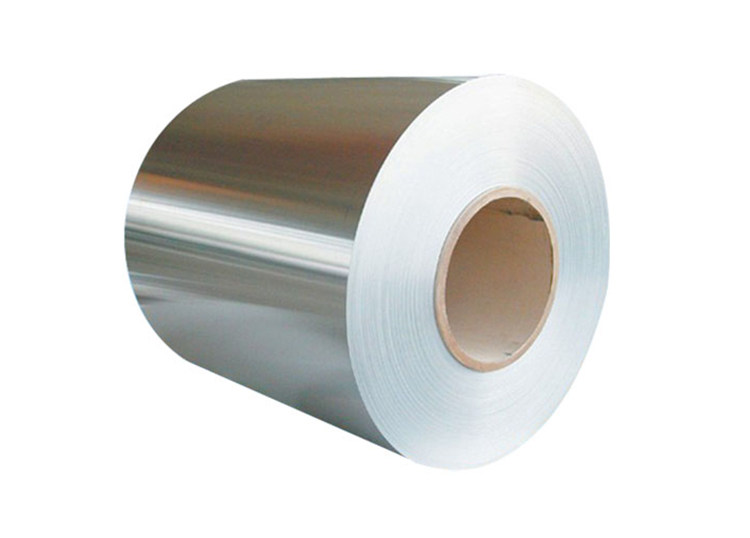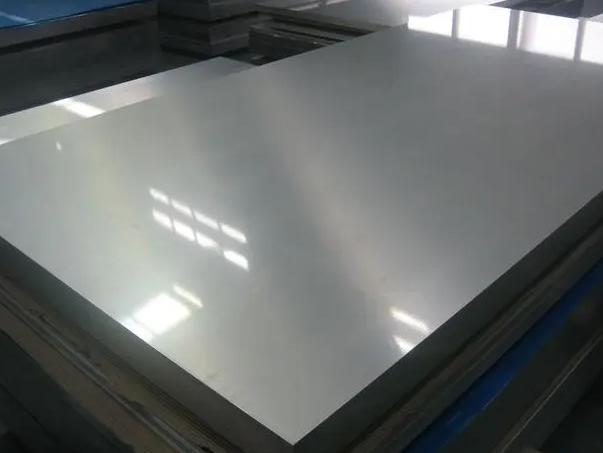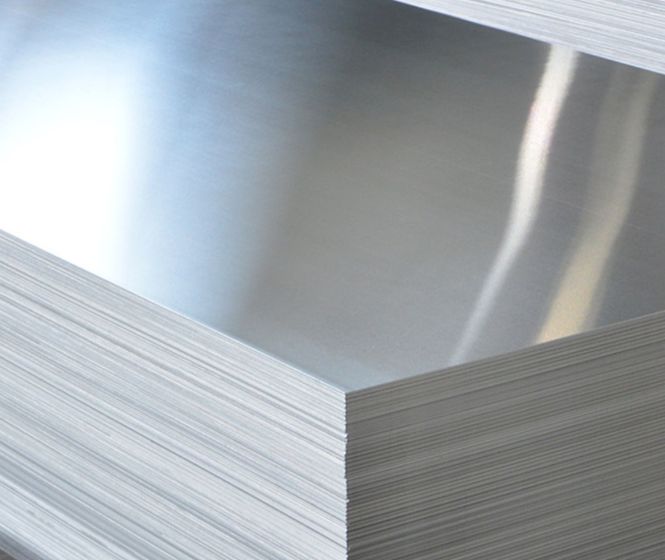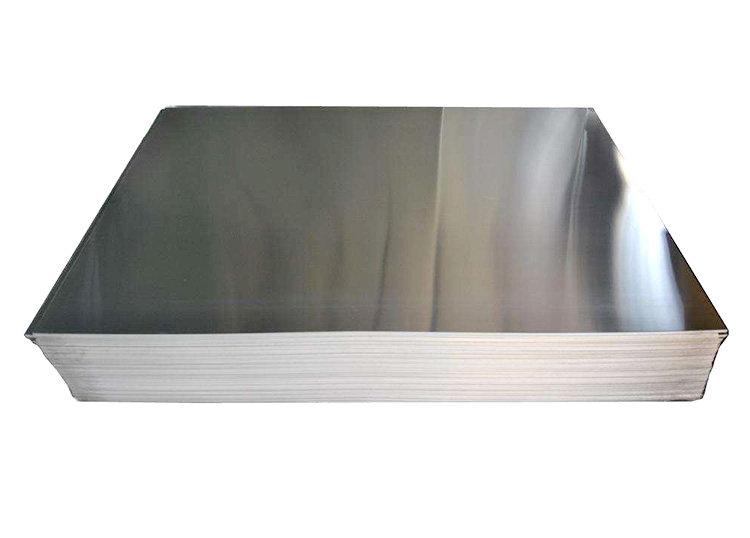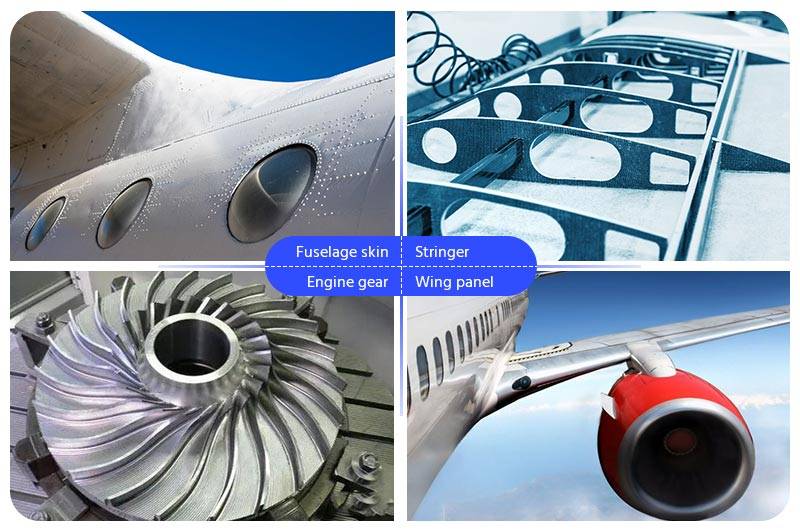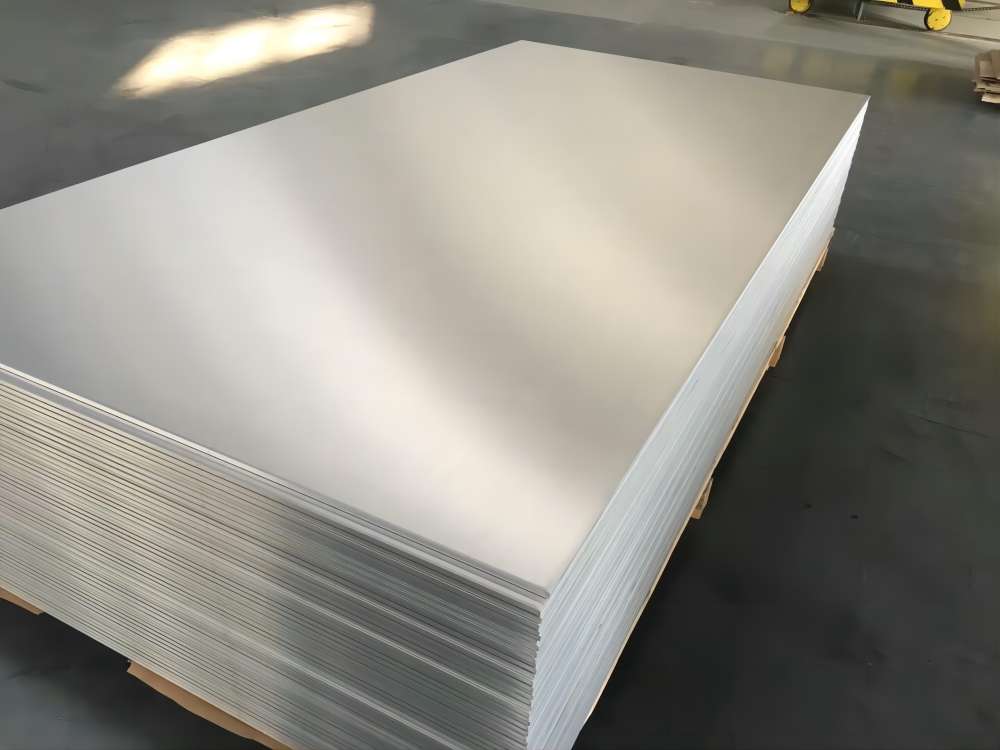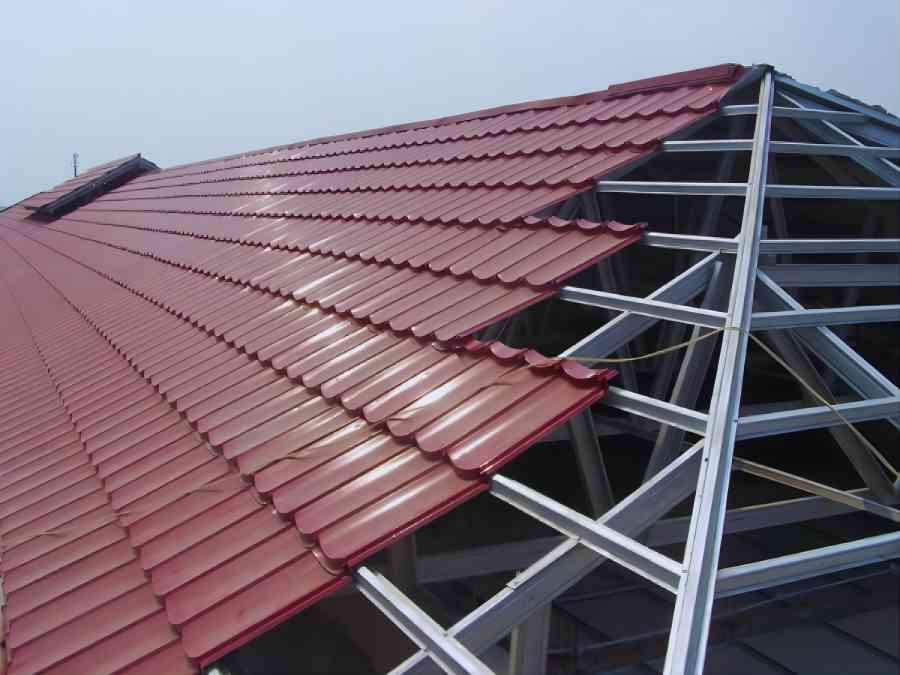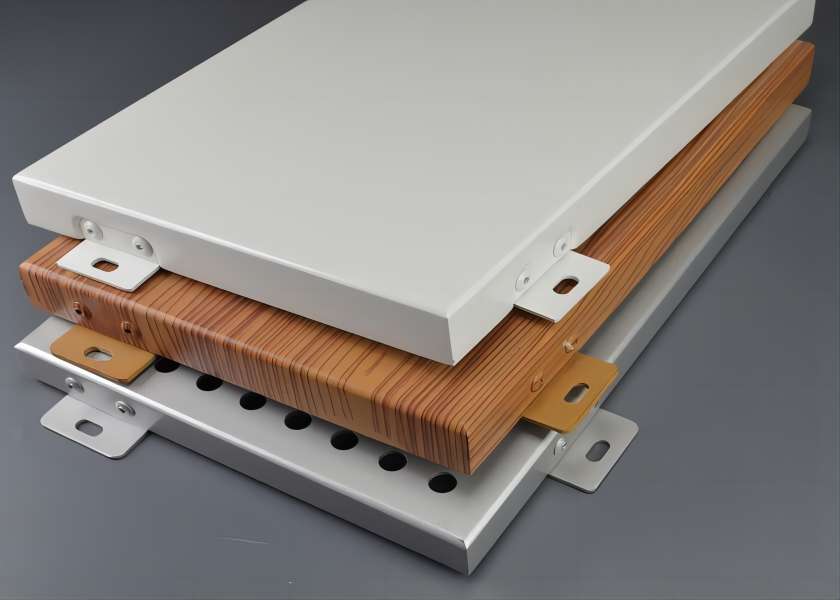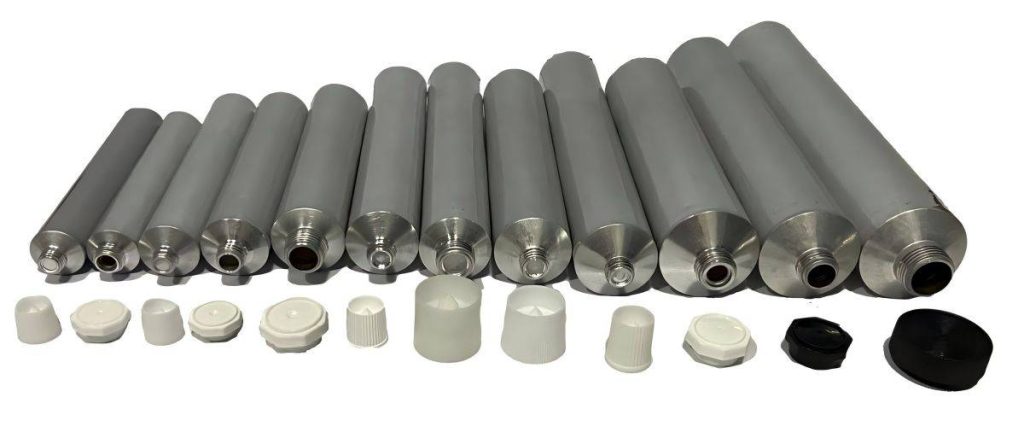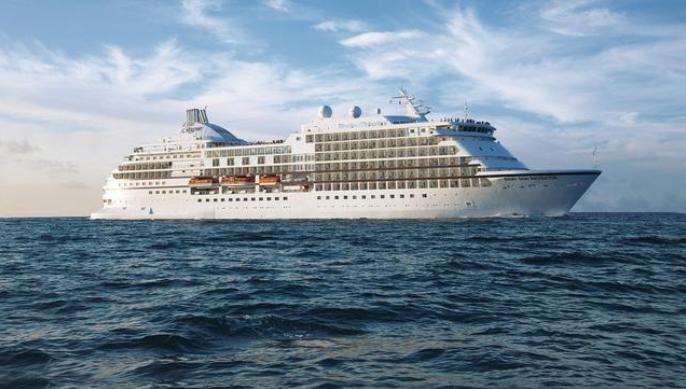Aluminum, a versatile metal with a wide range of applications, is a popular choice in various industries. When it comes to selecting the right aluminum sheet for your specific needs, understanding the differences between various alloys is crucial. In this article, we will unveil the properties and characteristics of three commonly used aluminum alloys: 3104, 3003, and 3004. By the end, you’ll have a clearer picture of which alloy is the perfect fit for your project.
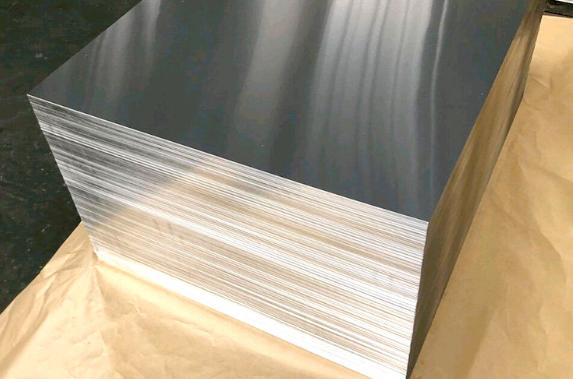
3104 Aluminum: The Versatile Performer
Let’s start by diving into the properties of 3104 aluminum. This alloy is an aluminum-manganese alloy, known for its exceptional versatility and widespread use. Here are some key characteristics:
- Formability: 3104 aluminum boasts excellent formability. Its malleability allows it to be easily shaped, making it a preferred choice for applications requiring intricate designs or deep drawing.
- Corrosion Resistance: One of the standout features of 3104 aluminum is its resistance to corrosion. This property is particularly valuable in outdoor applications where exposure to moisture and harsh weather conditions is a concern.
- Weldability: Whether you need to join sheets or create complex structures, 3104 aluminum is a welder’s friend. It can be seamlessly welded using various techniques, ensuring strong and reliable connections.
- Strength: While not as strong as some other aluminum alloys, 3104 still offers satisfactory strength for many applications. Its strength-to-weight ratio is favorable, making it suitable for lightweight yet sturdy constructions.
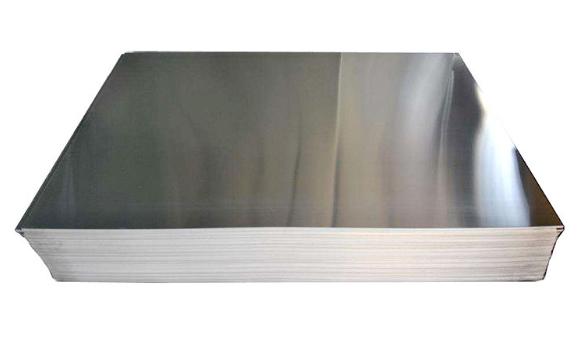
3003 Aluminum: The Workhorse Alloy
Now, let’s turn our attention to 3003 aluminum. This alloy is well-regarded for its versatility and ease of use in a wide array of applications. Here’s what you need to know:
- Formability: Like 3104, 3003 aluminum is highly formable, making it an excellent choice for projects requiring intricate shapes or deep drawing. It can be bent, shaped, and molded with ease.
- Corrosion Resistance: While not as corrosion-resistant as 3104, 3003 still provides adequate protection against rust and oxidation. It is often used in applications where moderate corrosion resistance is sufficient.
- Weldability: Welding 3003 aluminum is a straightforward process, and it performs well in various welding methods. This makes it a preferred choice for fabricators and manufacturers.
- Strength: 3003 aluminum offers reasonable strength, particularly when compared to its lightweight nature. It’s commonly used in applications where structural integrity and weight considerations are important.
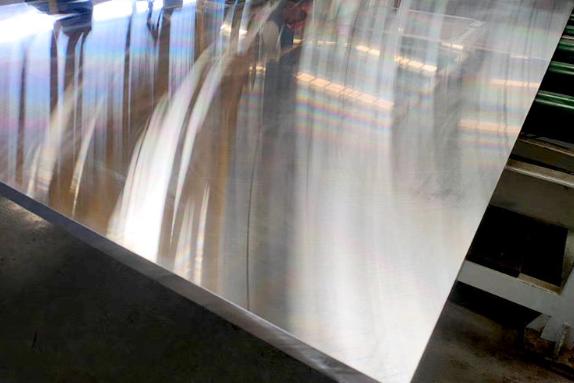
3004 Aluminum: The Corrosion Fighter
Lastly, let’s explore the properties of 3004 aluminum, another aluminum-manganese alloy. It is particularly known for its corrosion resistance:
- Formability: 3004 aluminum shares the excellent formability traits of 3104 and 3003. This makes it suitable for a range of applications where complex shapes are required.
- Corrosion Resistance: 3004 aluminum excels in terms of corrosion resistance. It’s an ideal choice for environments where exposure to moisture, chemicals, or corrosive elements is a constant threat.
- Weldability: Much like the other alloys, 3004 aluminum is easily weldable. It provides strong and reliable welds for various applications.
- Strength: 3004 aluminum offers a balance of strength and formability. It is often chosen for applications requiring both structural integrity and resistance to corrosion.
Here’s a comparison of 3104, 3003, and 3004 aluminum sheets based on their formability, corrosion resistance, weldability, and strength:
|
Property |
3104 Aluminum Sheet |
3003 Aluminum Sheet |
3004 Aluminum Sheet |
|
Formability |
Excellent |
Excellent |
Excellent |
|
Corrosion Resistance |
High |
Moderate |
High |
|
Weldability |
Excellent |
Excellent |
Excellent |
|
Strength |
Moderate |
Moderate |
Moderate |
This table provides a concise overview of the key properties of these aluminum sheets, allowing you to make an informed decision based on your specific project requirements.
Choosing the Right Alloy for Your Project
Now that we have unveiled the properties of these three aluminum alloys, how do you choose the perfect one for your project? Consider the following factors:
- Application Requirements: Determine the specific needs of your project. If corrosion resistance is paramount, 3104 or 3004 aluminum may be the best choice. If you prioritize formability, all three alloys can suffice, but 3104 and 3003 might excel in more intricate designs.
- Environmental Conditions: Think about the environment in which your aluminum sheets will operate. For outdoor applications with exposure to moisture and harsh weather, 3104 or 3004 aluminum’s superior corrosion resistance can be advantageous.
- Budget Constraints: Consider your budget. 3003 aluminum is often more cost-effective than 3104 or 3004, making it an attractive option for projects with tight financial constraints.
- Weight Considerations: Assess whether weight is a crucial factor. All three alloys are relatively lightweight, but if you need a balance between strength and weight, 3003 might be a suitable compromise.
Conclusion
In conclusion, the choice between 3104, 3003, and 3004 aluminum alloys depends on your project’s specific requirements. Each alloy has its strengths, whether it’s formability, corrosion resistance, weldability, or strength. By understanding these properties and considering your project’s needs, you can confidently select the perfect aluminum sheet for your application.

